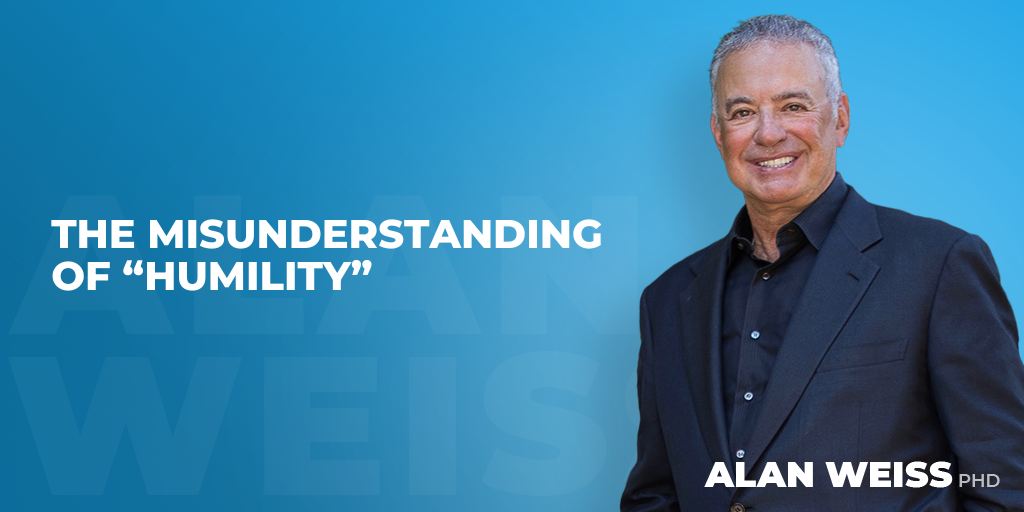You Sure About That?
The “experts” recently predicted a double-digit win for Barack Obama in the New Hampshire primary, which was a pretty good call with the exception that Hillary Clinton beat him by three, which was about a 13-point miss.
These pollsters were paid six-figures to predict what would happen and, presumably, applied expert techniques to find out.
Yeah, right.
One of the most important aspects of succeeding as a consultant is to realize that “experts” often aren’t, “conclusions” are often assumptions, and “authorities” are often merely people with loud voices.
Always question basic assumptions, and not merely about the content, but about the process. “The competition will launch a new product in the fourth quarter” is a content assumption, but “We’re using the best techniques to learn of voters’ intent” is a process assumption. (“Content” is the subject matter or the “what”; “process” is the methodology, or the “how.”) The closer your client is to his or her own operation, the more the client considers himself or herself to be expert in the field, and the more successful the client is, the more likely that assumptions and presumptions are wrong, through inattention or hubris.
Ask the client what the evidence is to support the conclusions. Use observed behavior to validate what you’re being told. When I was told that the environment in a Fortune 25 client was “inclusive, diverse, and non-biased,” I walked into the cafeterias and found people sitting by racial group. I then conducted focus groups and found astonishing levels of advertent and inadvertent prejudice embedded in the operation (“We promote this group on the professional side, but not as managers, since they can’t confront people.”) To the client’s credit, after some acrimonious reaction, the client initiated widespread education and change.
Consultants get sucked into client beliefs that way that stegosauruses were trapped in the La Brea Tar Pits. We’re so eager to please and so afraid of losing the business (or just not being liked) that we accept ludicrous statements, let alone nuance, that dooms our ability to succeed.
Buyers are frequently surrounded by “yes men” who shield and insulate the buyer from the corporate reality. Organizations have cultures (belief systems) which perpetuate a corporate folk lore that seldom bears a resemblance to contemporary reality. There are “hot buttons” and political issues that no one wants to frankly discuss (the “dead rat” that is never quite put on the table).
Our value as outsiders includes objectivity, best practices, fresh air, AND fearlessness. The only way to build a prosperous consulting practice is not to fear losing it.
© Alan Weiss 2008. All rights reserved.




Philippe Back
Indeed, this is exactly the situation I am in now.
It requires courage to put the dead rat on the table.
And not doing so makes me feel sick since it means that I am not being ethical with myself.
Shama Hyder
Just in time Alan! Fearlessness is a habit that should be cultivated from the beginning for all consultants-unfortunately most business schools teach the opposite.
Ilya Bogorad
In my experience, fearlessness is not in great demand in the world of most large corporate entities and not at all in demand in government and most non-profit organizations. There are exceptions, of course, but, by far, conformity and being “collegial” is both expected and rewarded.
The plight of whistleblowers is just one confirmation of the point.
Dr Chris Argyris has some excellent writing on this.
Selinda
Fearlessness not only shows our courage to help improve but also our professionalism.
Since I entered into the broker company, nobody tells me how to be a professional broker, instead many tell me how to please or avoid upsetting the client.